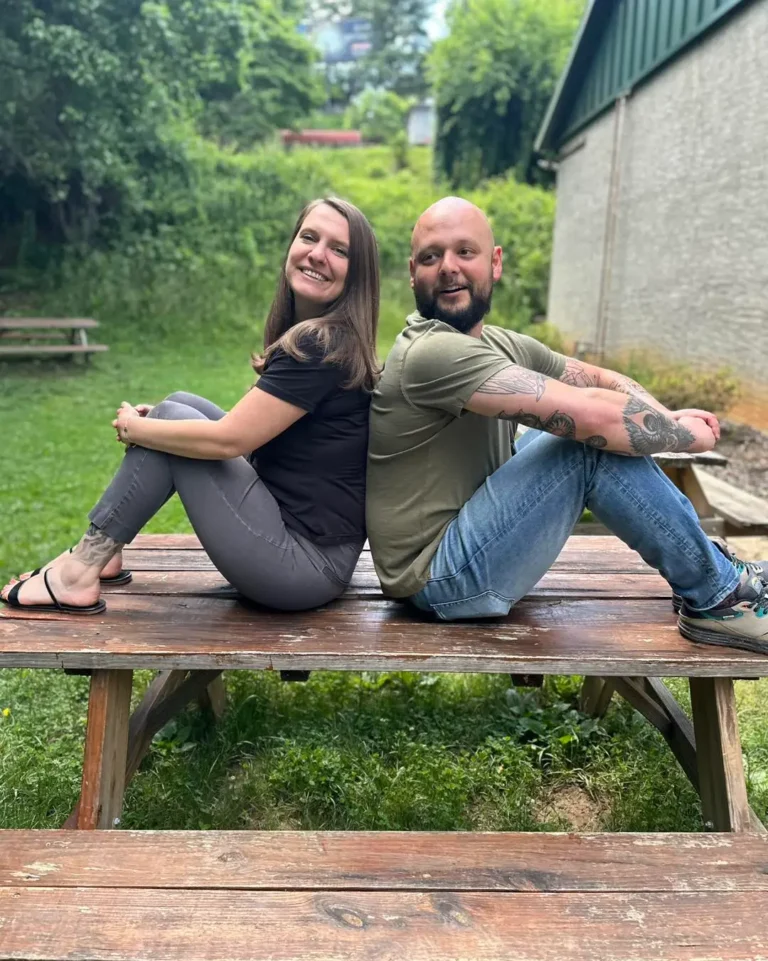
Entering treatment for addiction is one of the most courageous steps a person can take, but the work doesn’t end when residential care is over. Recovery is a lifelong journey, and the transition from structured treatment back into everyday life is critical. That’s why discharge planning and aftercare are essential parts of the treatment process at Asheville Recovery Center.
What Is Discharge Planning?
Discharge planning is a structured process that ensures individuals leaving treatment have a clear roadmap for success. At Asheville Recovery Center, we start working on this long before discharge day arrives.
Our case managers and clinical team develop an individualized plan for each client, making sure they have the right support systems in place. This includes:
- Ongoing Therapy and Support Groups – Setting up outpatient therapy, intensive outpatient programs (IOP), or support group meetings like AA, NA, or SMART Recovery.
- Sober Living Arrangements – Finding a safe, supportive environment that fosters accountability and structure.
- Medical & Psychiatric Follow-Ups – Ensuring that any needed medications, therapy, or psychiatric care continue after treatment.
- Employment & Education Assistance – Helping individuals reintegrate into work or school without feeling overwhelmed.
- Relapse Prevention Plan – Equipping clients with tools and strategies to avoid triggers and prevent relapse.
The Role of Case Managers in Discharge Planning
At Asheville Recovery Center, our case managers play a vital role in the discharge process. They are the bridge between structured treatment and the real world, ensuring clients leave our facility with everything they need to continue their recovery successfully. We have 2 full time dedicated Discharge Planners at Asheville Recovery. Eddie Darville, and Sarah Conner.

What Do Our Case Managers Do?
- Advocate for Clients – They work with clients to understand their specific needs and concerns, making sure they have the best possible aftercare resources.
- Coordinate with Providers – Whether it’s setting up therapy appointments, arranging for sober living, or helping with medication management, they ensure seamless transitions.
- Develop a Personalized Plan – No two recovery journeys are the same. Case managers help design an aftercare plan that fits each individual’s needs.
- Connect Clients with Resources – This includes employment programs, educational opportunities, legal assistance, and family support services.
Our case managers work tirelessly to make sure clients feel supported and prepared for life outside of treatment.
Why Listening to Professionals About Length of Stay & Discharge is Key
One of the biggest challenges clients face in treatment is wanting to leave too soon. It’s common to feel like you’re “ready” before your clinical team agrees, but trusting the process is crucial.
At Asheville Recovery Center, our medical and clinical professionals have years of experience in addiction treatment. They know that recovery isn’t just about detoxing and feeling better—it’s about developing the coping skills, emotional resilience, and support networks needed to maintain long-term sobriety.
Why Leaving Too Early Can Be Dangerous
- Incomplete Healing – Addiction is a complex disease that affects both the mind and body. Leaving before treatment is complete can mean unresolved emotional or behavioral issues.
- Higher Risk of Relapse – Studies show that longer treatment stays correlate with better outcomes. Without a solid foundation, returning to old habits is easier.
- Unprepared for Triggers – Treatment helps individuals identify and manage triggers, but leaving too early means these skills may not be fully developed.
- Lack of Support – Clients who discharge too soon often do not have the right aftercare plan in place, making them vulnerable to relapse.

The Right Time to Discharge
Our professionals care deeply about each client’s success. When we recommend continuing treatment or staying longer, it’s because we truly believe it’s the best course of action. Recovery isn’t just about getting through a program—it’s about building a life worth staying sober for.
The best outcomes happen when clients trust their treatment team and follow their recommendations about length of stay, aftercare, and next steps.
The Importance of Aftercare
Leaving treatment isn’t the end of the recovery journey—it’s the beginning of a new chapter. Aftercare ensures clients have ongoing support and resources to maintain their sobriety long-term.
Asheville Recovery Center: Committed to Your Success
At Asheville Recovery Center, we believe that every client deserves the best chance at lasting recovery. Our dedicated team—including case managers, therapists, medical staff, and peer support specialists—works together to ensure that when clients leave treatment, they’re fully equipped for life in recovery.
If you or a loved one is struggling with addiction, we’re here to help. Contact Asheville Recovery Center today to learn more about our treatment programs, discharge planning, and aftercare options.






